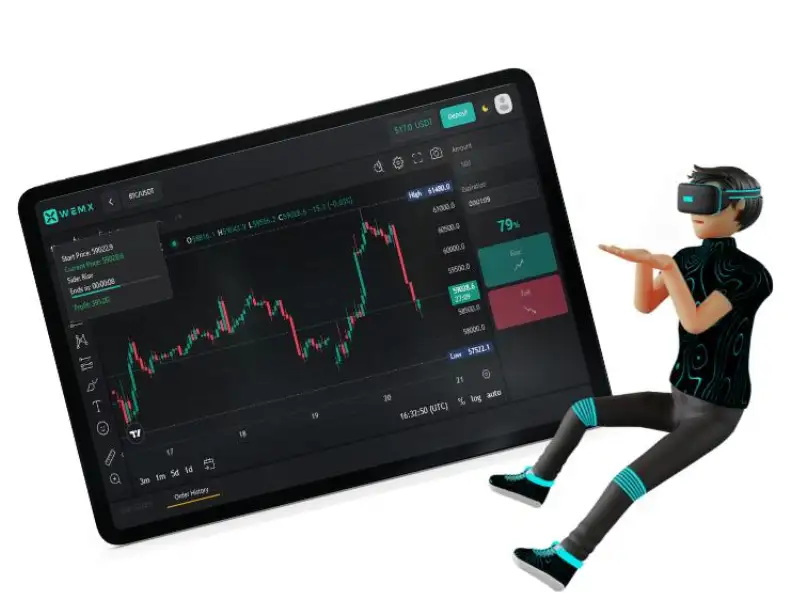Binary options
If you’ve been targeted by a binary options scam, reach out to us right away—we’re here to help with recovery.

Understanding Binary Options?
Binary options are a type of financial instrument categorized as alternative options. While they may seem like a relatively new form of speculative trading, binary options have been around since 1974. They were originally introduced by the Chicago Board Options Exchange (CBOE)—one of the world’s largest stock exchanges.
Initially, binary options were publicly traded up until 2008, with various financial institutions replicating the original CBOE-listed assets.
Unlike traditional options, binary options allow traders to speculate on whether an asset will be in the money at the time of expiration—essentially a simple yes or no decision, which is where the term “binary” comes from. Some unregulated or fraudulent brokers have manipulated this model by offering misleading or illegal features, such as allowing bets on out-of-the-money profit scenarios.
Expiration times for binary options can vary widely—from a full week to just a few minutes. Most modern platforms clearly define these timeframes to guide the trader’s decision-making process.
Binary Options Scams: Recover Your Lost Funds
Every year, thousands fall victim to binary options scams—and it’s time to fight back. If you’ve been misled or defrauded by a binary options broker, contact us right away. The sooner we act, the better the chances of recovering your money.
Are Binary Options Legal or a Scam?
Binary options are widely regarded as fraudulent and high-risk, often associated with illegal activity. While there are regulatory differences across regions, it’s important to understand the current legal landscape:
In the United States, binary options trading is legal only through regulated exchanges, but even then, the practice is controversial and carries significant risk.
In contrast, the European Union and the United Kingdom have banned binary options trading—with the EU implementing its ban in 2018, followed by the UK in 2019.
One major reason for these bans is the lack of proper oversight and licensing. For example, CySEC (the Cyprus Securities and Exchange Commission) had previously approved numerous brokers that were operating without sufficient regulatory safeguards, putting investors at serious risk.
In the U.S., while environmental and financial regulations aim to provide some structure, they do not eliminate the extreme risk involved. Binary options trading is often more similar to gambling than investing, making it one of the most dangerous and deceptive forms of speculation in today’s markets.
FAQs
No, binary options are not legal for retail trading in the UK. Since 2019, the Financial Conduct Authority (FCA) has banned the sale, marketing, and distribution of binary options to retail consumers. This decision was made due to the high risk of investor losses and widespread fraud.
Note: The CFTC and SEC are U.S. regulatory agencies and do not govern financial trading in the UK. UK regulation is handled by the FCA.
Binary options robots are automated trading systems designed to place trades on your behalf based on programmed strategies or trading signals. These robots typically work in one of two ways:
Software-based bots that you download and run on your device.
Web-based bots that require access to your brokerage account to execute trades automatically.
While these tools promise convenience, they often carry significant risks—especially when linked to unregulated brokers or used without transparency.
Binary options trade copying is a service that allows your trading account to mirror the trades of another trader or an automated system. Once connected, your account automatically duplicates the trades of the “master” account in real time.
This method is popular among beginners, but it comes with risks, especially if the master trader or system is unreliable or unregulated.
